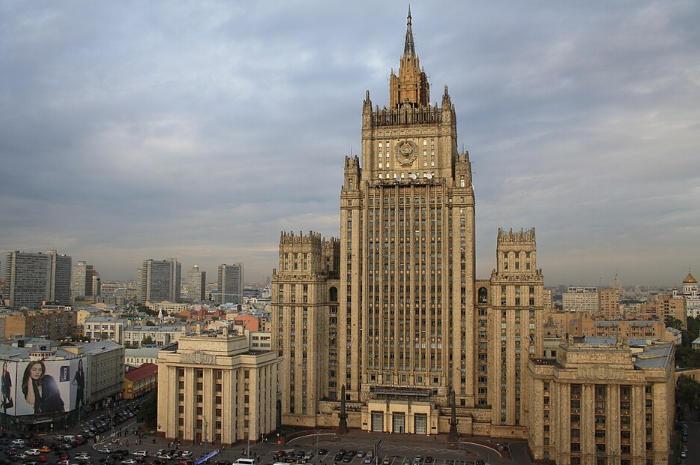
On June 30th, the Russian Ministry of Foreign Affairs announced through its official website that due to the EU’s restrictions on publications and information dissemination channels of eight Russian organizations, Russia has decided to impose restrictions on 15 media outlets from EU countries.
The statement mentioned that the European Council approved a 16th round of sanctions against Russia in February this year, which included restrictions on the publications and information dissemination channels of eight Russian organizations, including the “Eurasia Daily”, Russia’s Lintsenet, the Russian Strategic Culture Foundation, and the “Red Star” editorial publishing center. In response, Russia decided to take reciprocal measures against 15 EU member states’ media outlets involved in “spreading false information,” restricting their network resources from within the Russian Federation. The statement did not specify which media outlets had been targeted for these measures.
The Russian Ministry of Foreign Affairs pointed out that Russia has repeatedly warned the EU and its relevant member states about the suppression and unwarranted restrictions on Russian media, as well as other suppressive actions motivated by political reasons. Russia will not ignore such actions. The responsibility for causing this situation lies entirely with the EU and its member states supporting the decisions related to Russia.
Furthermore, the Russian Ministry of Foreign Affairs stated that if the EU lifts the restrictions on Russian publications and information dissemination channels, Russia will reconsider its decisions regarding these media outlets in the EU.
On February 24th, three years after the escalation of the crisis in Ukraine, the European Council approved a 16th round of sanctions against Russia, affecting various sectors including energy, trade, transportation, infrastructure, and finance.